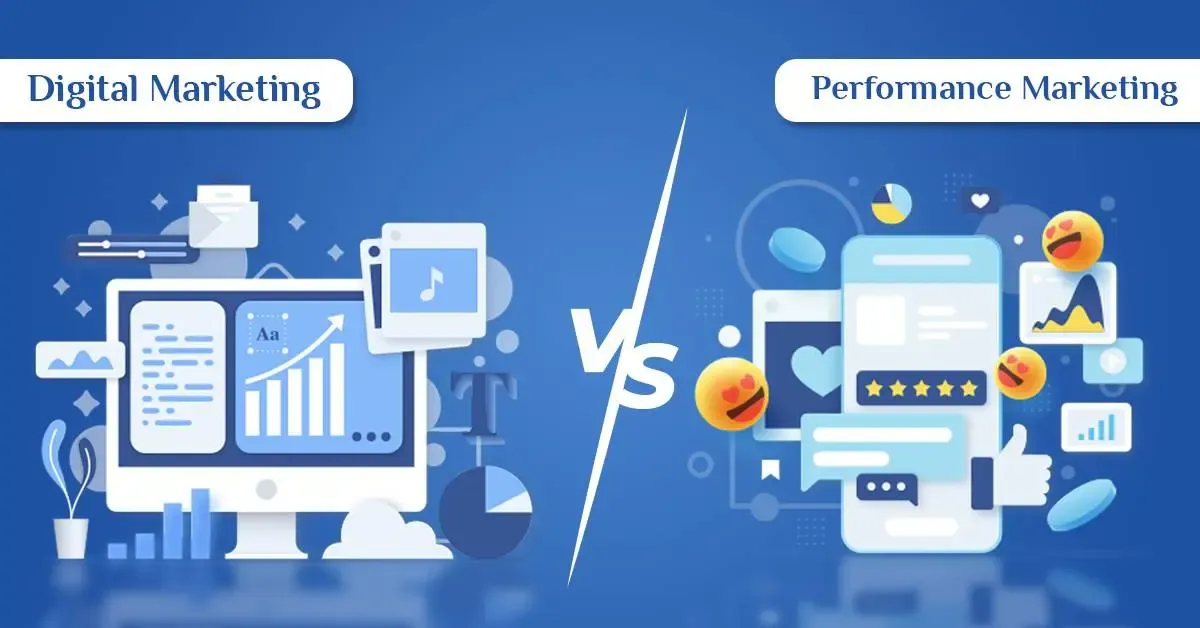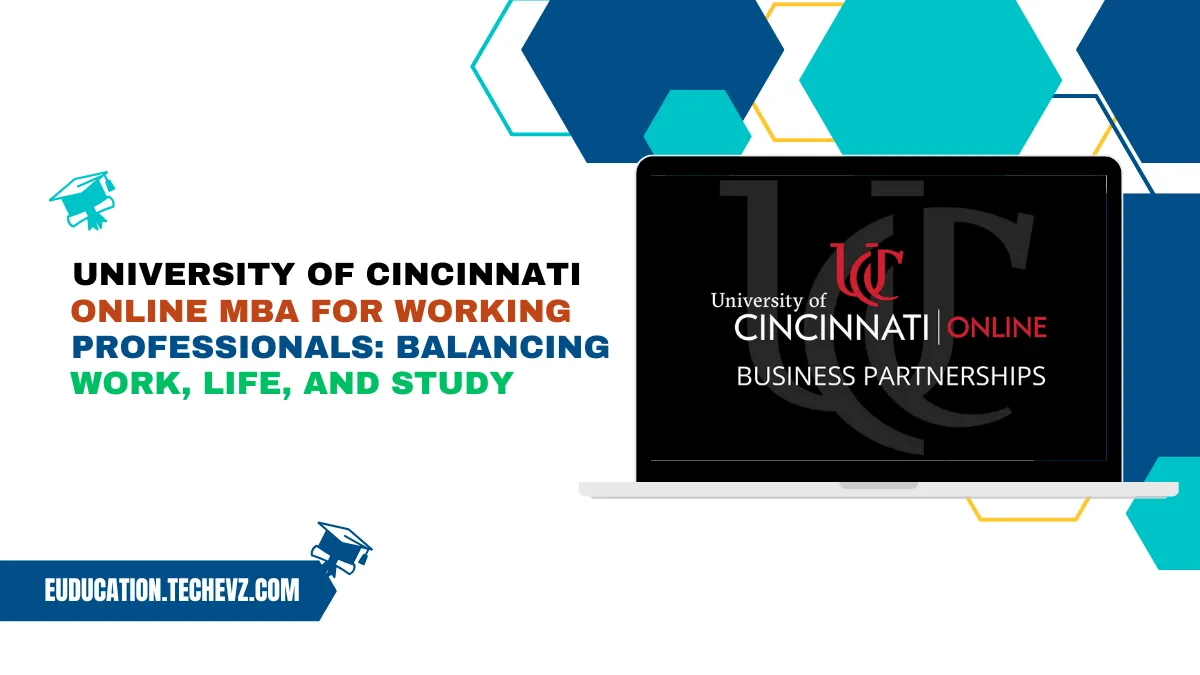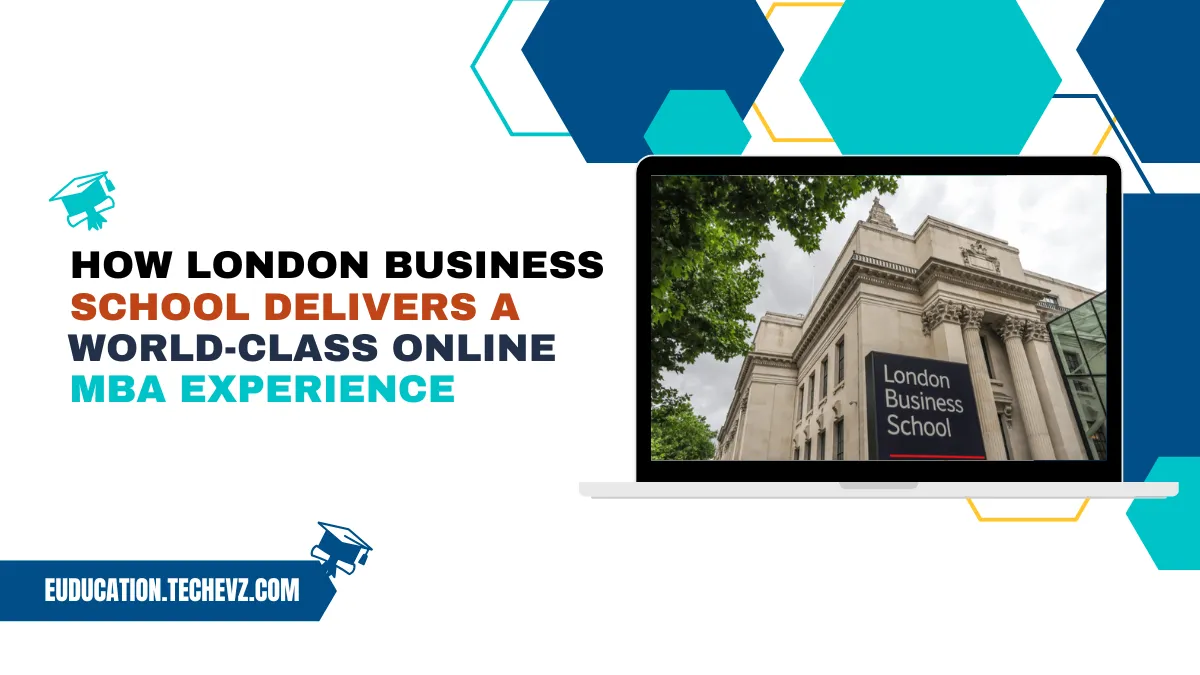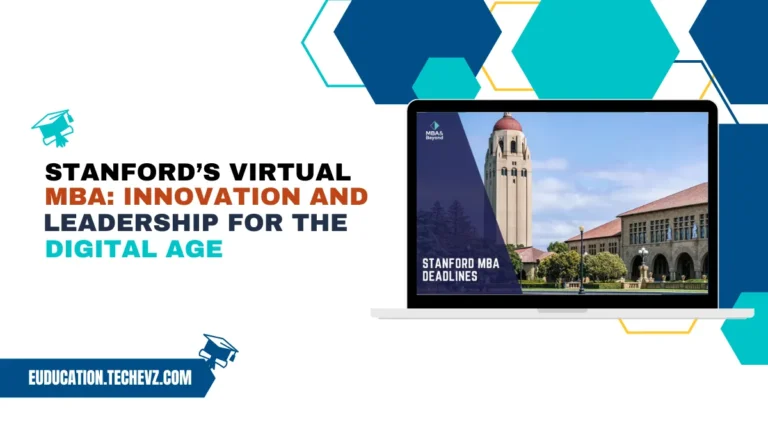In the rapidly evolving world of digital marketing, two powerful strategies often come head-to-head: Content Marketing and Performance Marketing. While both aim to drive results and grow brands, their approaches, timelines, and goals are vastly different.
If you’re wondering which is better for your business or career in 2025, this blog will break down the key differences, pros and cons, examples, and ideal use cases of content marketing vs performance marketing.
📚 What is Content Marketing?
Content Marketing is a long-term strategy focused on creating and sharing valuable, relevant, and consistent content to attract and retain a clearly defined audience — and eventually drive profitable customer action.
✅ Common Content Marketing Formats:
- Blog posts
- YouTube videos
- Podcasts
- Infographics
- Whitepapers & eBooks
- Social media content
- Newsletters
🎯 Primary Goal:
Build brand trust, authority, and organic traffic through educational or entertaining content.
⚡ What is Performance Marketing?
Performance Marketing is a short-term, ROI-driven strategy where advertisers pay only when a specific action is completed—like clicks, sales, or leads. It’s highly measurable, conversion-focused, and often used to drive immediate results.
✅ Common Performance Marketing Channels:
- Google Ads (PPC)
- Facebook & Instagram Ads
- Affiliate marketing
- Native advertising
- Display ads
- Retargeting campaigns
🎯 Primary Goal:
Get quick results, leads, or sales with clear ROI tracking.
🔍 Content Marketing vs Performance Marketing – Key Differences
| Feature | Content Marketing | Performance Marketing |
|---|---|---|
| Focus | Brand awareness, long-term engagement | Sales, leads, short-term conversions |
| Timeline | Long-term (6+ months to see ROI) | Short-term (immediate results possible) |
| Cost | Time- and resource-intensive | Ad budget required (pay-per-click) |
| ROI Tracking | Harder to measure directly | Easily measurable (CPC, CPA, ROAS) |
| Customer Journey Stage | Top-of-funnel (awareness, education) | Bottom-of-funnel (purchase, action) |
| Channel Control | Owned (blogs, SEO, email lists) | Paid (Google/Facebook/affiliate) |
| Sustainability | Compounds over time | Stops when budget stops |
🎯 Examples of Each Strategy
✅ Content Marketing Example:
A SaaS company publishes a blog post titled “Top 5 Tools to Manage Remote Teams in 2025”. It ranks on Google, attracts monthly traffic, and builds credibility.
✅ Performance Marketing Example:
An e-commerce store runs a Facebook ad campaign offering 20% off on headphones. Every ₹5000 spent generates ₹20,000 in revenue, tracked using Meta Pixel.
💡 When Should You Use Content Marketing?
- To build brand authority and trust
- For SEO and long-term organic traffic
- To nurture leads over time
- When you have a tight ad budget but strong internal resources
🧠 Tip: Content marketing helps drive performance marketing results by building a warm audience through blogs, videos, and guides.
⚡ When Should You Use Performance Marketing?
- To drive quick sales or leads
- When launching a new product or offer
- For scalable, ROI-based growth
- When you have a dedicated ad budget
🧠 Tip: Performance campaigns perform better when paired with great content (landing pages, videos, testimonials).
🔄 Can They Work Together?
Absolutely! In fact, blending both strategies gives the best of both worlds.
🔁 Example: A brand runs a Google Ads campaign (performance) promoting an eBook. When users download it, they enter an email funnel with helpful guides (content) that nurtures them into paying customers.
📈 Pros & Cons at a Glance
| Strategy | Pros | Cons |
|---|---|---|
| Content Marketing | Builds long-term trust, boosts SEO, cost-effective over time | Takes time to show results, hard to track ROI directly |
| Performance Marketing | Immediate results, easy to scale & measure ROI | Can be costly, results stop if budget ends |
🏁 Final Thoughts – Which One is Better?
There’s no “one-size-fits-all” answer. Choose based on your goals, budget, and timelines.
- 👉 Startups/brands needing instant traction? Go with performance marketing.
- 👉 Looking to build brand equity and organic traffic? Focus on content marketing.
- 👉 Want maximum ROI and sustainability? Use both in a smart, integrated strategy.







